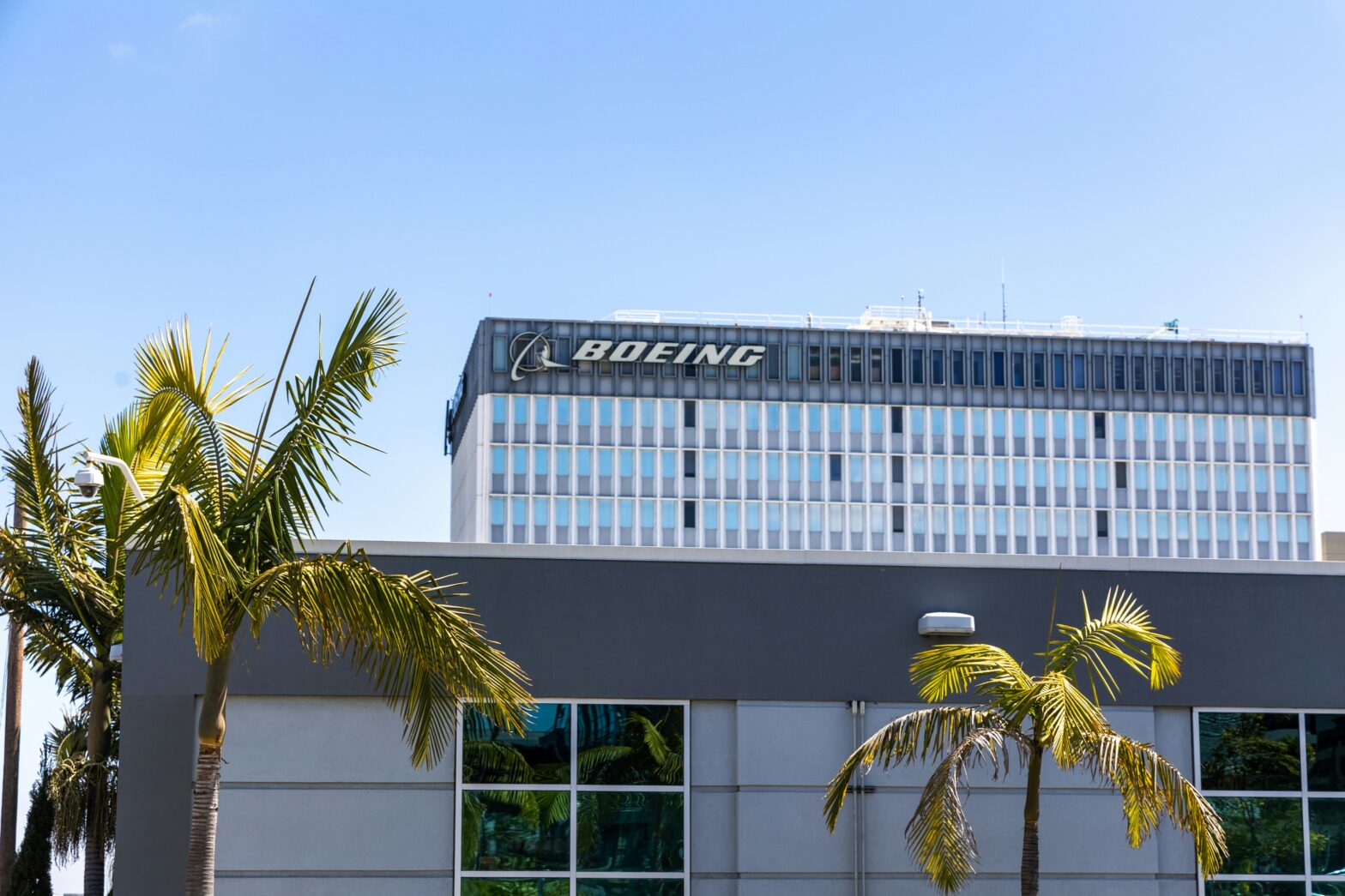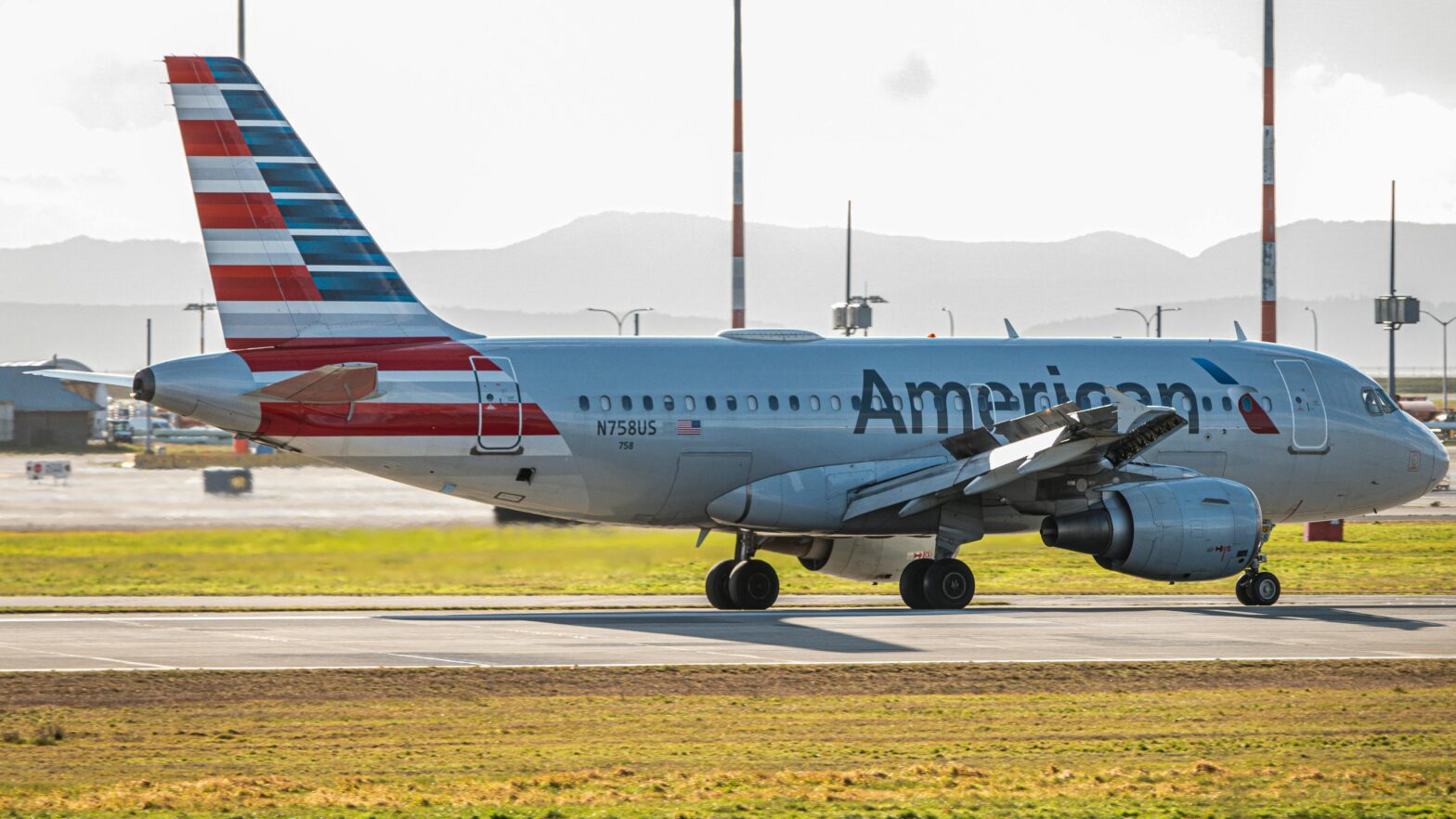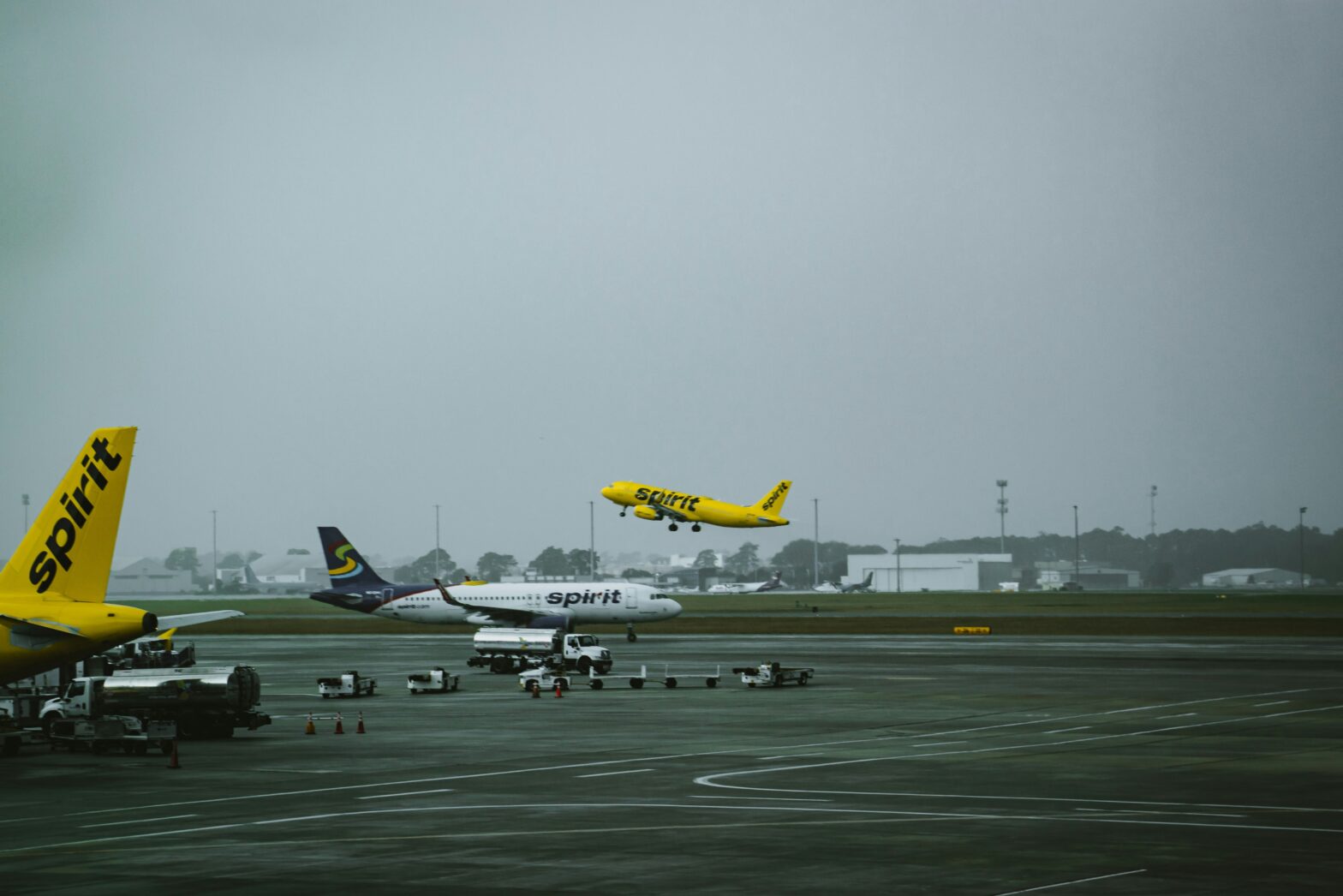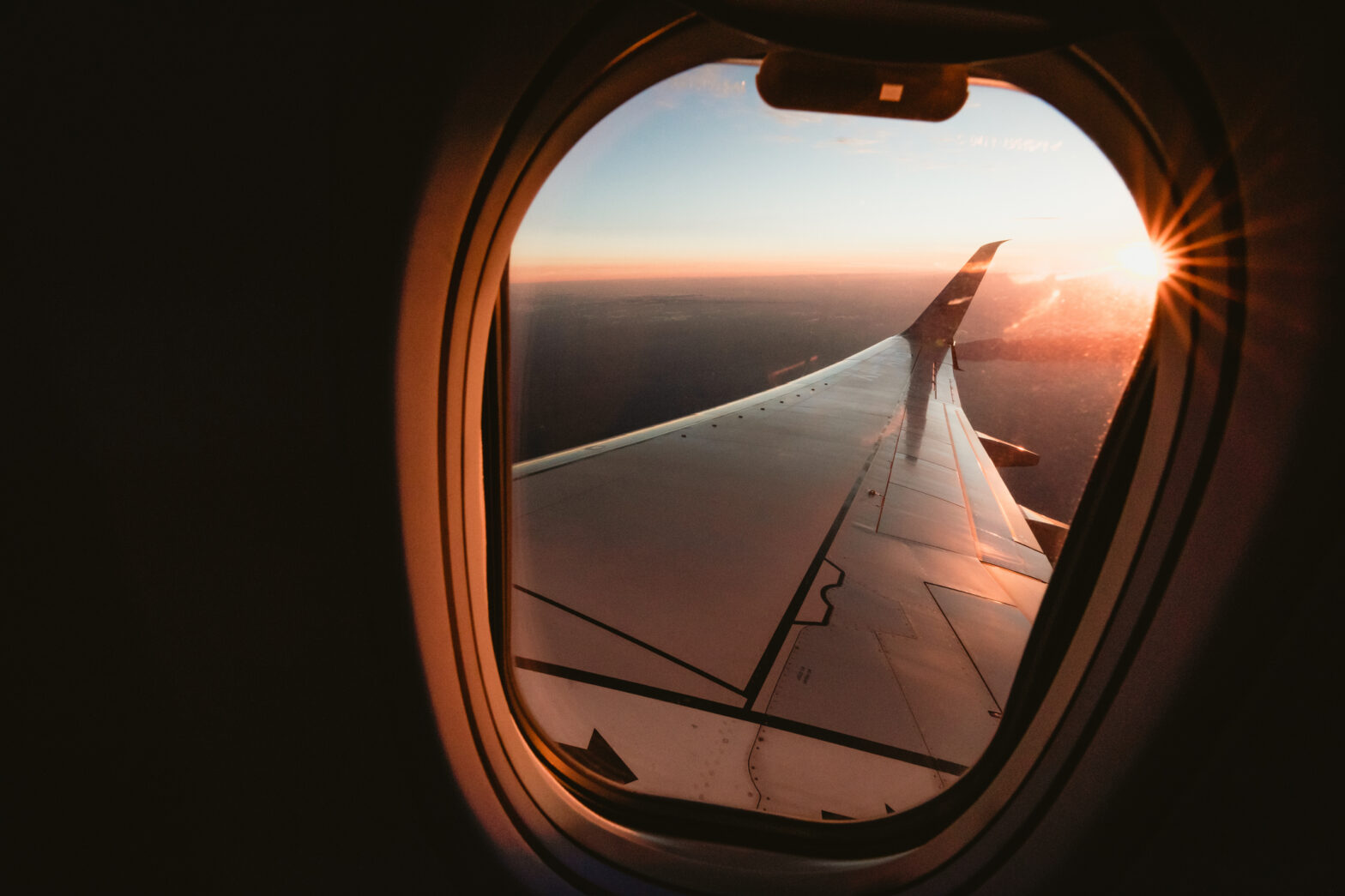The Boeing 737 is one of the most widely used aircraft in commercial aviation, having served millions of passengers since its debut in the 1960s. Known for its versatility on short- to medium-haul flights, the 737 is considered reliable by airlines worldwide.
Previously, in the airline industry, pilots (and even some airline enthusiasts) used to have so much confidence in Boeing that it was sort of an in-joke. The expression “If it’s not Boeing, I’m not going,” was so widespread that you can still buy a merchandise for the aircraft brand with that slogan on it. In short, Boeing was once considered one of the safest aircraft around, including its 737 model.
However, in recent incidents involving the 737 MAX variant, which caused the aircraft to crash due to faulty flight control software, questions about the aircraft’s safety have surfaced. Is the Boeing 737 safe? Let’s take a closer look at the aircraft’s safety features and record.
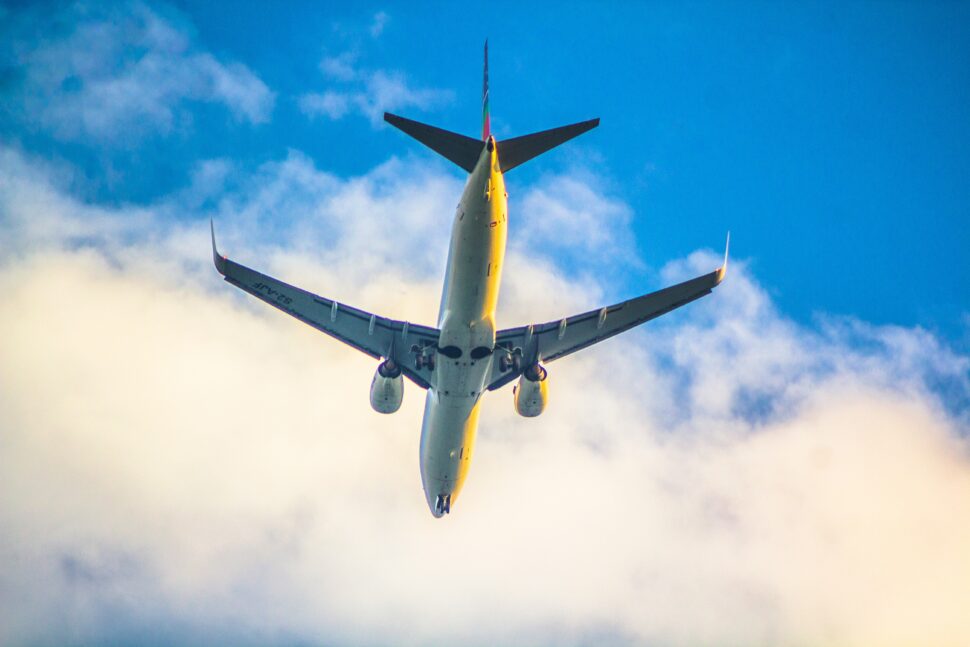
Boeing 737 Safety Features
After halting production to go over safety features and quality issues following their string of controversies, as we’ll get into below, factory teams in the Renton, Washington turned its focus onto regaining the confidence of consumers.
The Boeing 737 has undergone numerous upgrades since its introduction, especially after laying down a renewed commitment to quality. The aircraft features advanced avionics, autopilot systems, and redundant critical systems. With over 10,000 units produced and millions of successful flights logged, the 737 is well-regarded for its reliability in commercial aviation safety.
Boeing 737 Accidents and the MAX Controversy
It’s not entirely surprising that some might wonder if a Boeing 737 is safe, given some recent controversies that Boeing has faced. Despite the aircraft’s solid history, the Boeing 737 faced significant scrutiny after two tragic accidents involving the 737 MAX in 2018 and 2019. These crashes were linked to issues with the Maneuvering Characteristics Augmentation System (MCAS), designed to stabilize the aircraft in certain conditions. For instance, if the aircraft’s nose is pitched too high, potentially leading to a stall, the system automatically adjusts the aircraft’s angle of attack (AOA) by pushing the nose down. Following events where systems such as these malfunctioned, the 737 MAX was grounded globally until Boeing updated the software and improved pilot training.
Boeing 737 Safety Record and Engineering
Since the MAX returned to service in 2020, it has operated safely. And while the incidents were alarming, it’s essential to consider the Boeing 737 crash history in context. Millions of 737 flights, including MAX flights, continue without incident. This does not diminish the losses from the incident but to provide a broader perspective on the overall safety of the Boeing 737 family.
The recent changes to the 737 MAX include updated MCAS software, enhanced pilot training, and greater regulatory oversight to ensure the aircraft meets the highest safety standards.
So, Is the Boeing 737 Safe?
Despite challenges with the 737 MAX, the Boeing 737 is strong, safe, and trusted by airlines worldwide. The 737’s reliability and safety advancements make it one of the safest planes to fly today. Whether you’re flying on an older variant or the newer MAX, the Boeing 737 meets rigorous flight safety standards.
So, is the Boeing 737 safe? Yes. You can fly without concern, knowing there are much more stringent safety protocols in place today than ever before.
